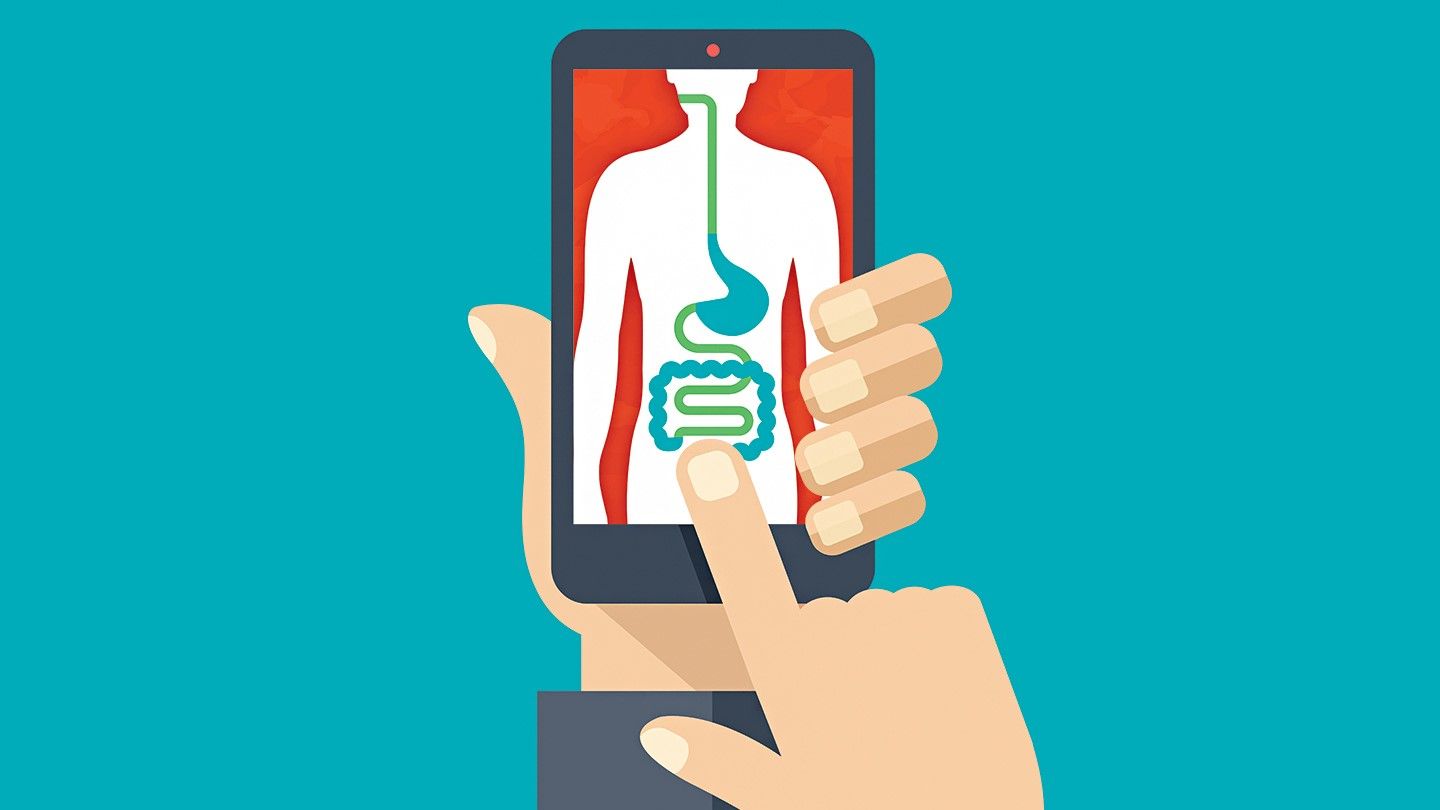Living with Crohn’s Disease can be challenging, both mentally and physically. It is a chronic inflammatory bowel disease that affects the digestive tract and can cause discomfort, pain, and even embarrassment. However, adopting a self-care routine can help manage symptoms and improve overall well-being. In this article, we will share tips and strategies to empower individuals with Crohn’s Disease to take control of their health and live life to the fullest.
1. Diet and Nutrition: crohn’s disease self-care can make it difficult to digest certain foods, leading to discomfort and inflammation. Therefore, it is essential to maintain a healthy and nutritious diet. Avoiding triggers such as processed or high-fat foods, alcohol, caffeine and spicy foods can help manage symptoms. It’s also recommended to maintain a high-fiber diet, drink plenty of water and include probiotics, prebiotics and omega-3 fatty acids in the diet to help reduce inflammation.
2. Rest and Exercise: Rest and exercise both play important roles in managing Crohn’s Disease. Regular exercise can help reduce stress, improve mood and keep the body fit, while rest can aid in reducing inflammation and promoting overall wellness. It’s important to identify which exercise routines work best for you and to create a schedule that is manageable. Adequate rest is also important in recovery, and a good night’s sleep is essential to maintain daily energy levels and overall health.
3. Manage stress: Stress can be a factor that triggers Crohn’s symptoms. Coping mechanisms such as yoga, meditation, and deep breathing can help reduce stress levels. It’s also important to recognize when stress is becoming too much and finding ways to reduce it such as practicing self-care activities, getting enough sleep or taking a break. Finally, reach out to healthcare providers who can provide additional resources and support.
4. Build Support: Support can make a significant difference in managing Crohn’s Disease. Building a support network of family, friends, and healthcare providers can help individuals cope with the disease more effectively. Peer-support groups, online forums, and professional therapists can provide education, advice, and emotional support. Joining a support community may also provide an opportunity to connect with others going through similar experiences.
5. Practice self-compassion: Chronic illnesses can be challenging, and self-compassion is vital for managing Crohn’s Disease. It’s important to acknowledge the difficulties of living with a chronic disease, but also, recognize and appreciate the strength and resilience it takes to manage it. Practicing self-compassion can improve self-esteem, reduce anxiety and depression, and increase overall well-being.
In short:
Living with Crohn’s Disease may seem daunting, but implementing a self-care routine can help manage the symptoms and improve overall well-being. By adopting a healthy diet, regular rest, exercise and stress management, building a support system, and practicing self-compassion, individuals can empower themselves in managing Crohn’s Disease. Focusing on self-care may enhance mental health and physical well-being and improve the quality of life.



